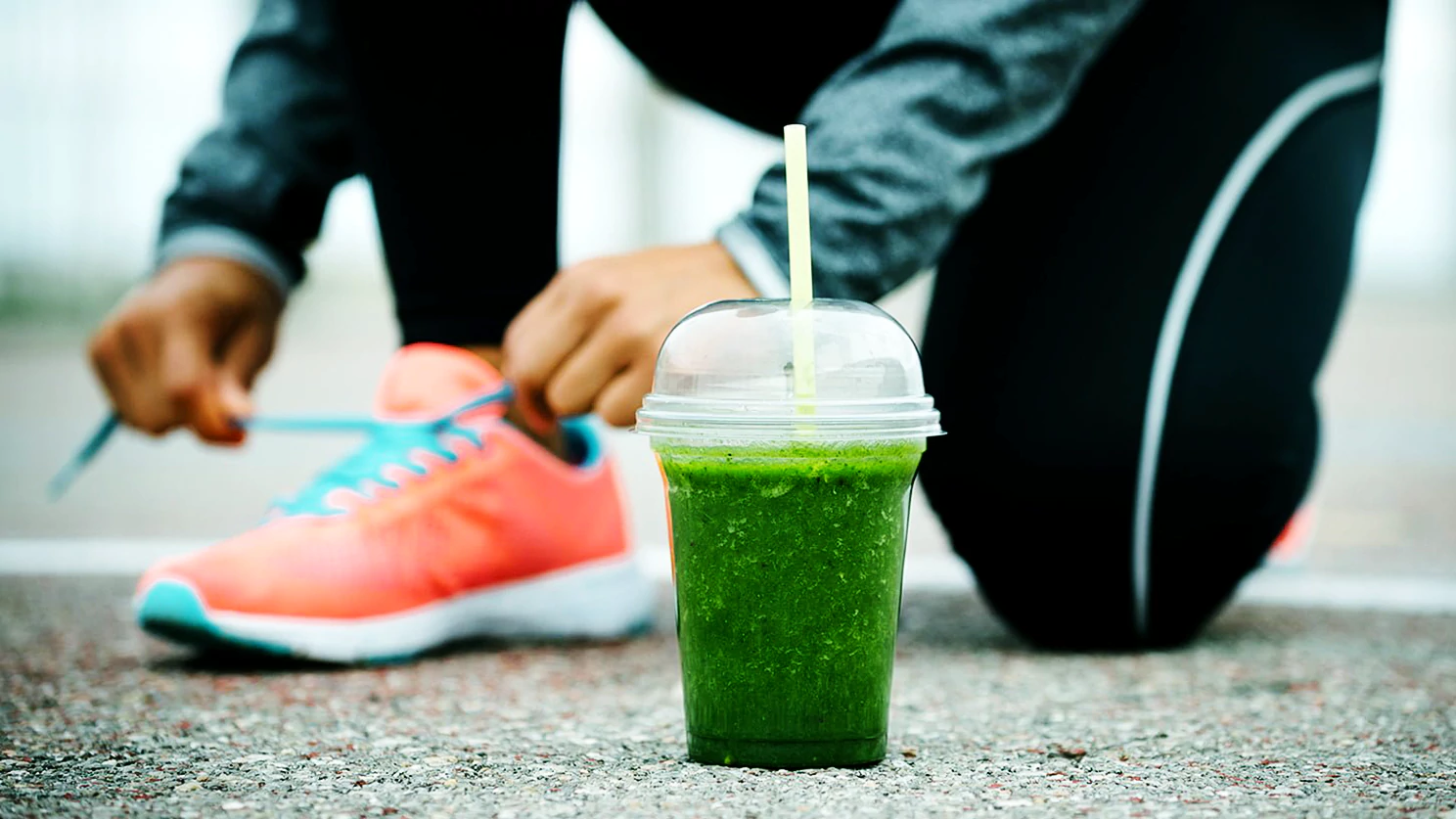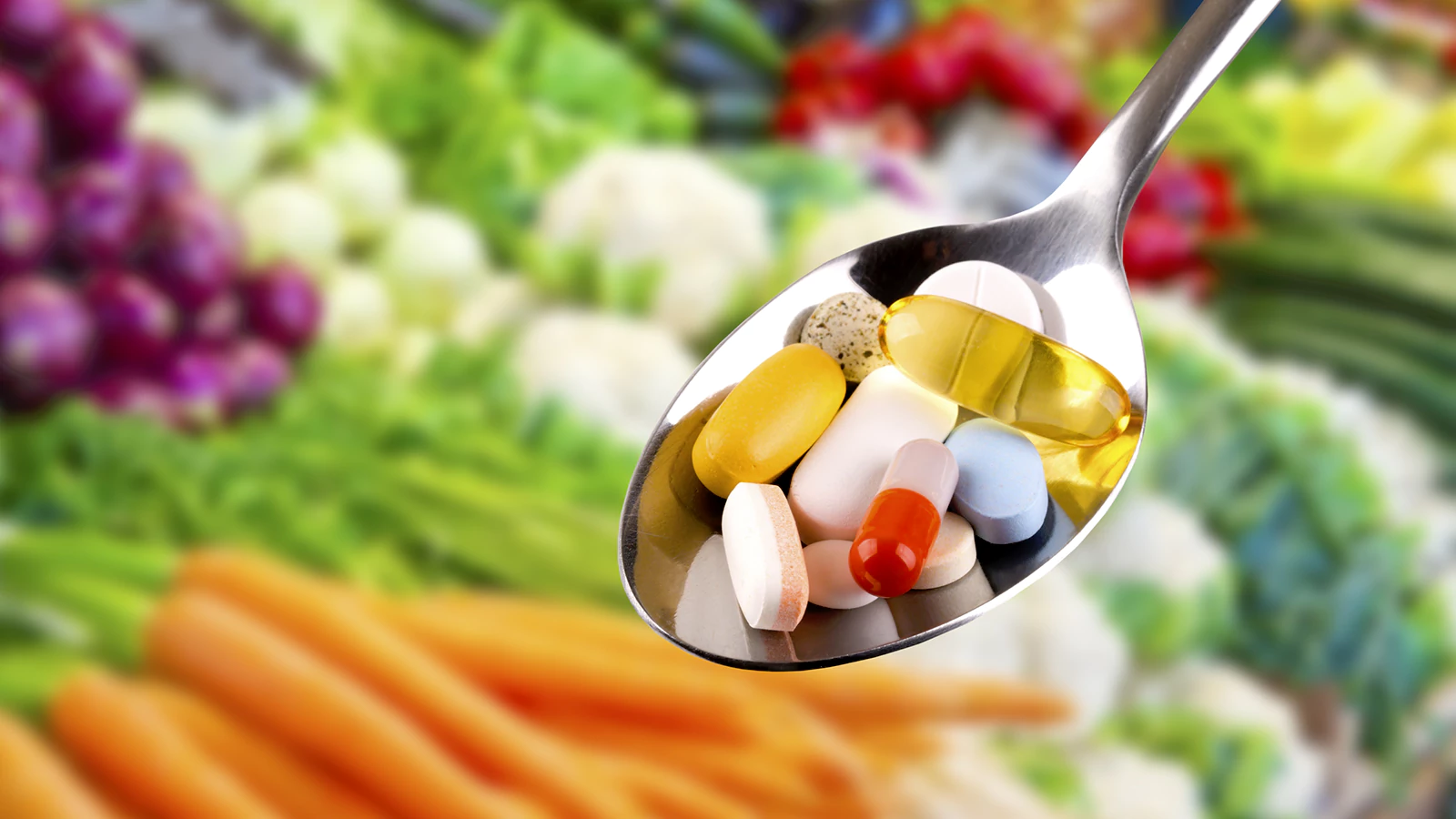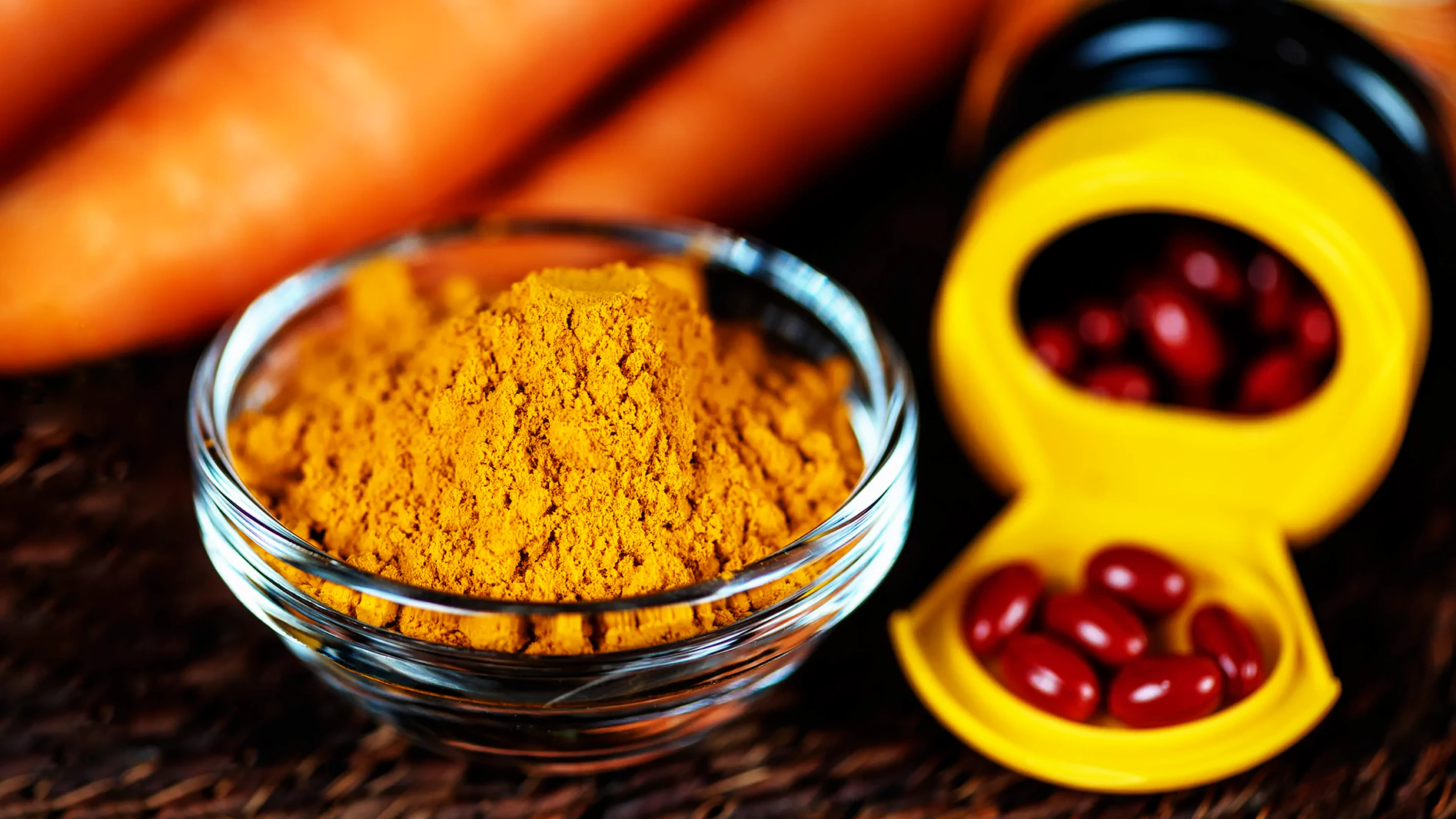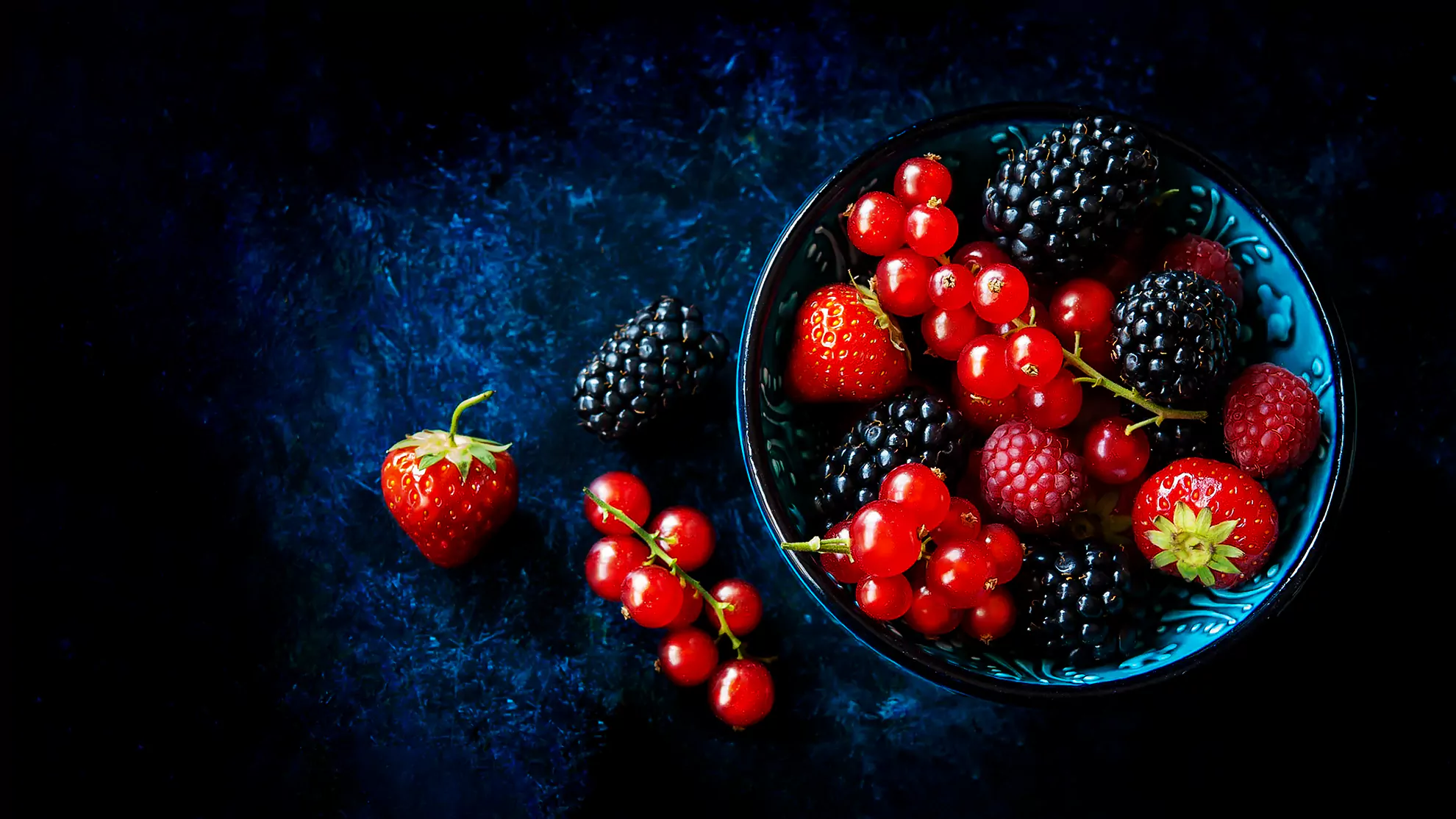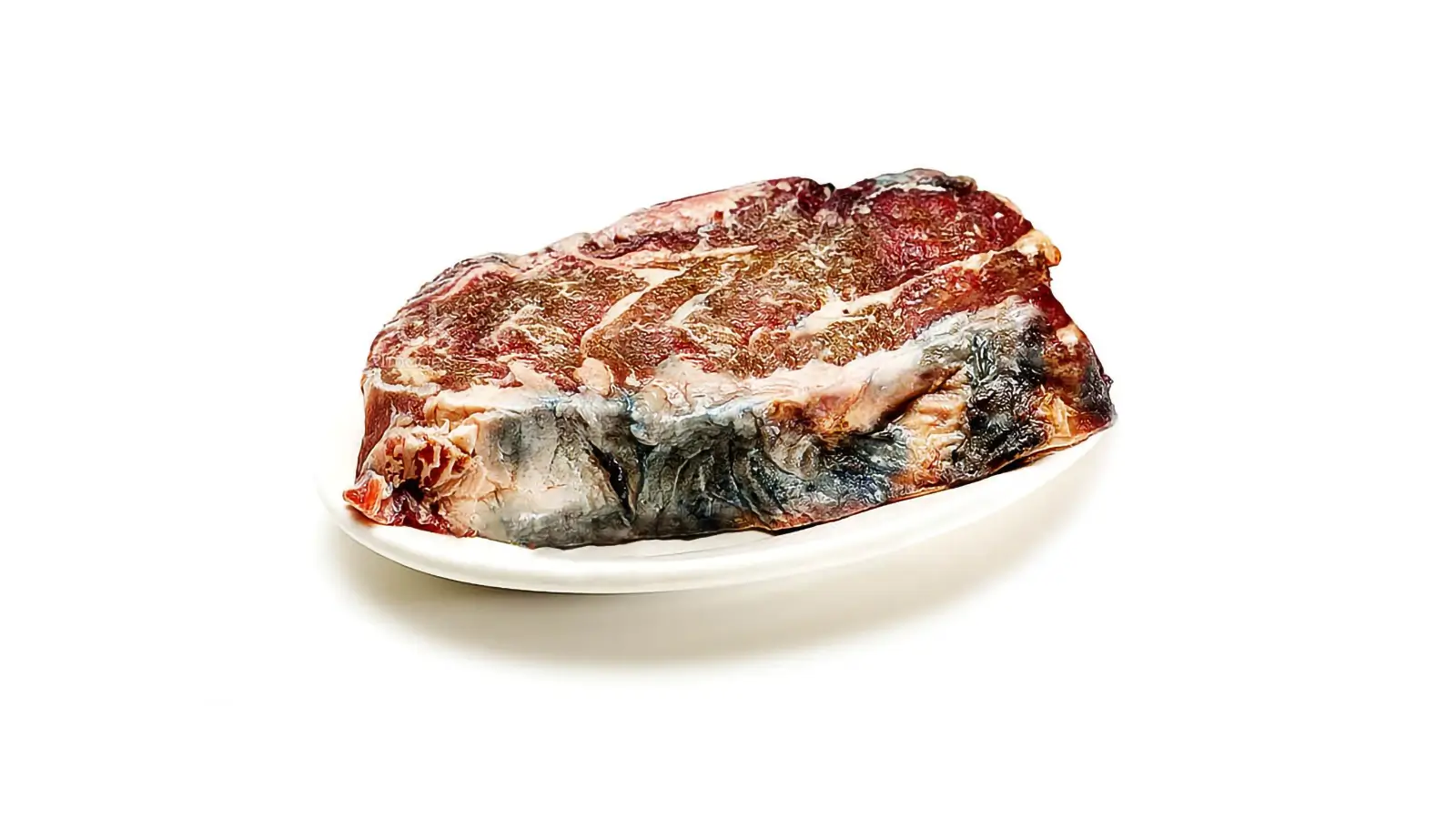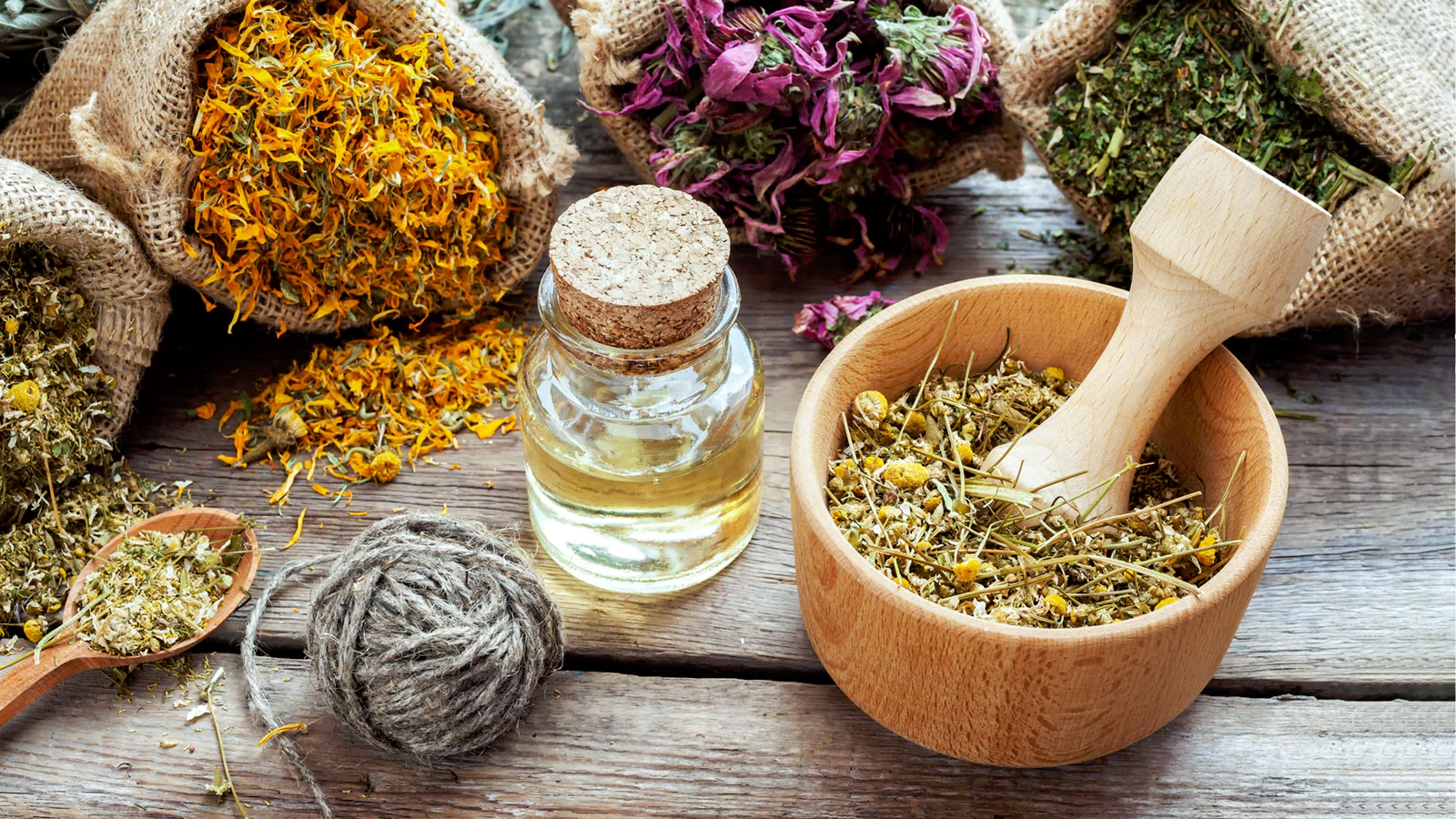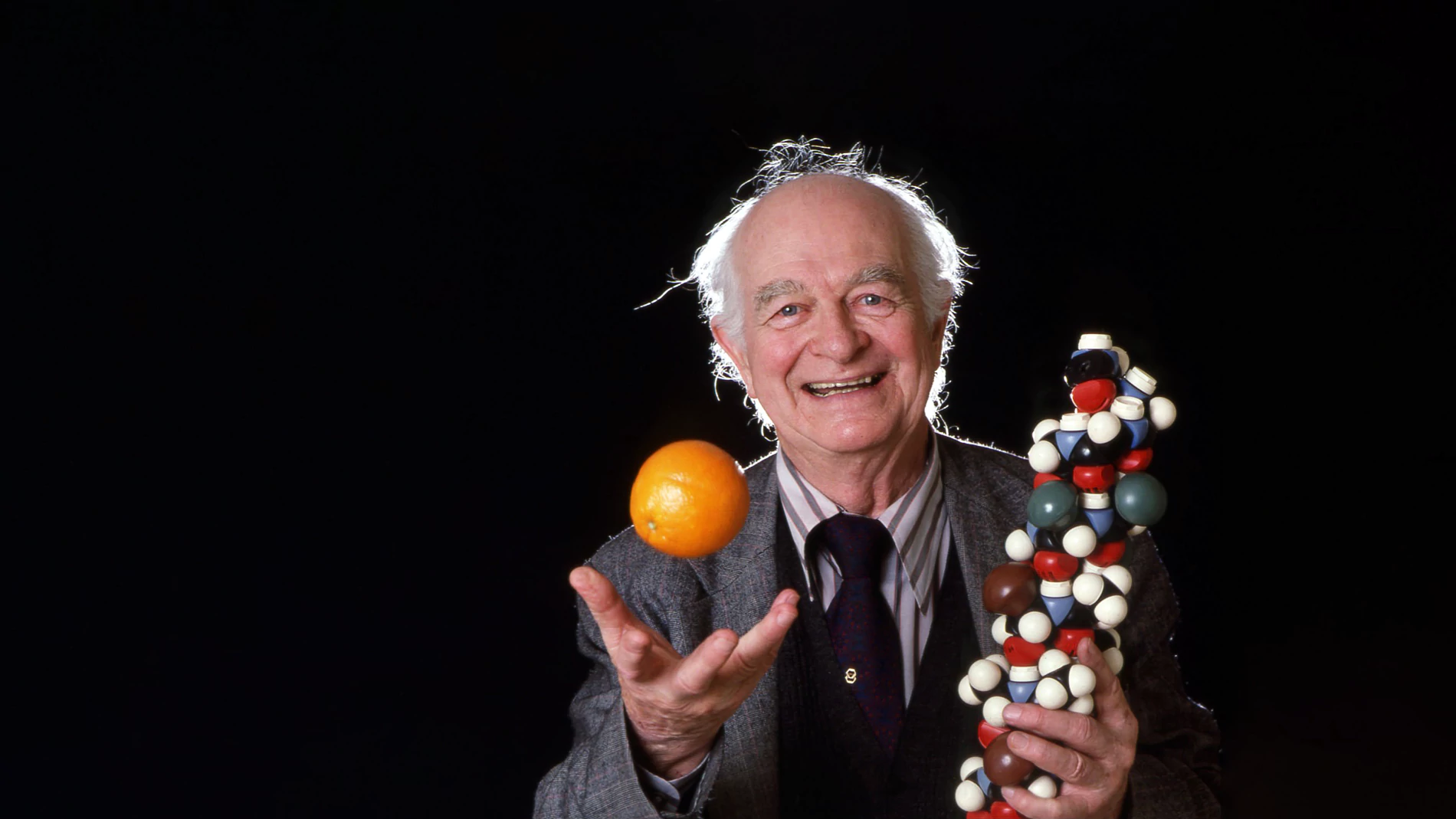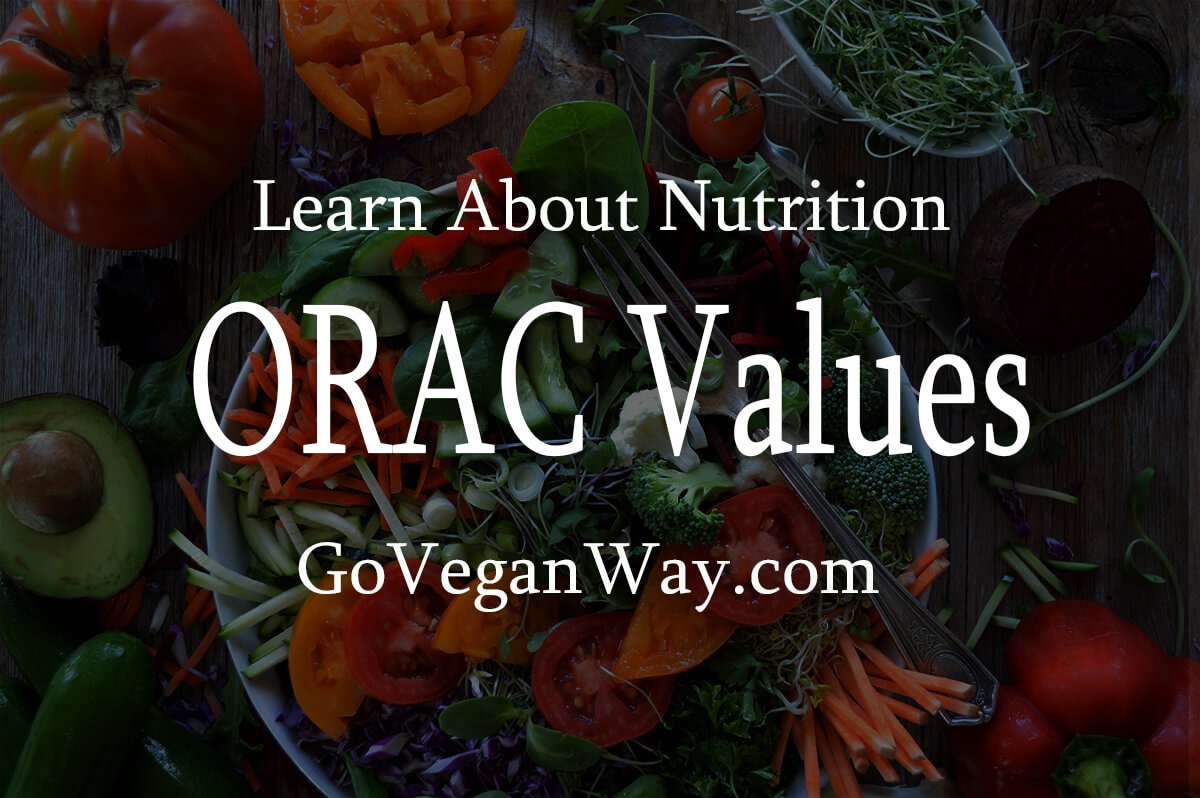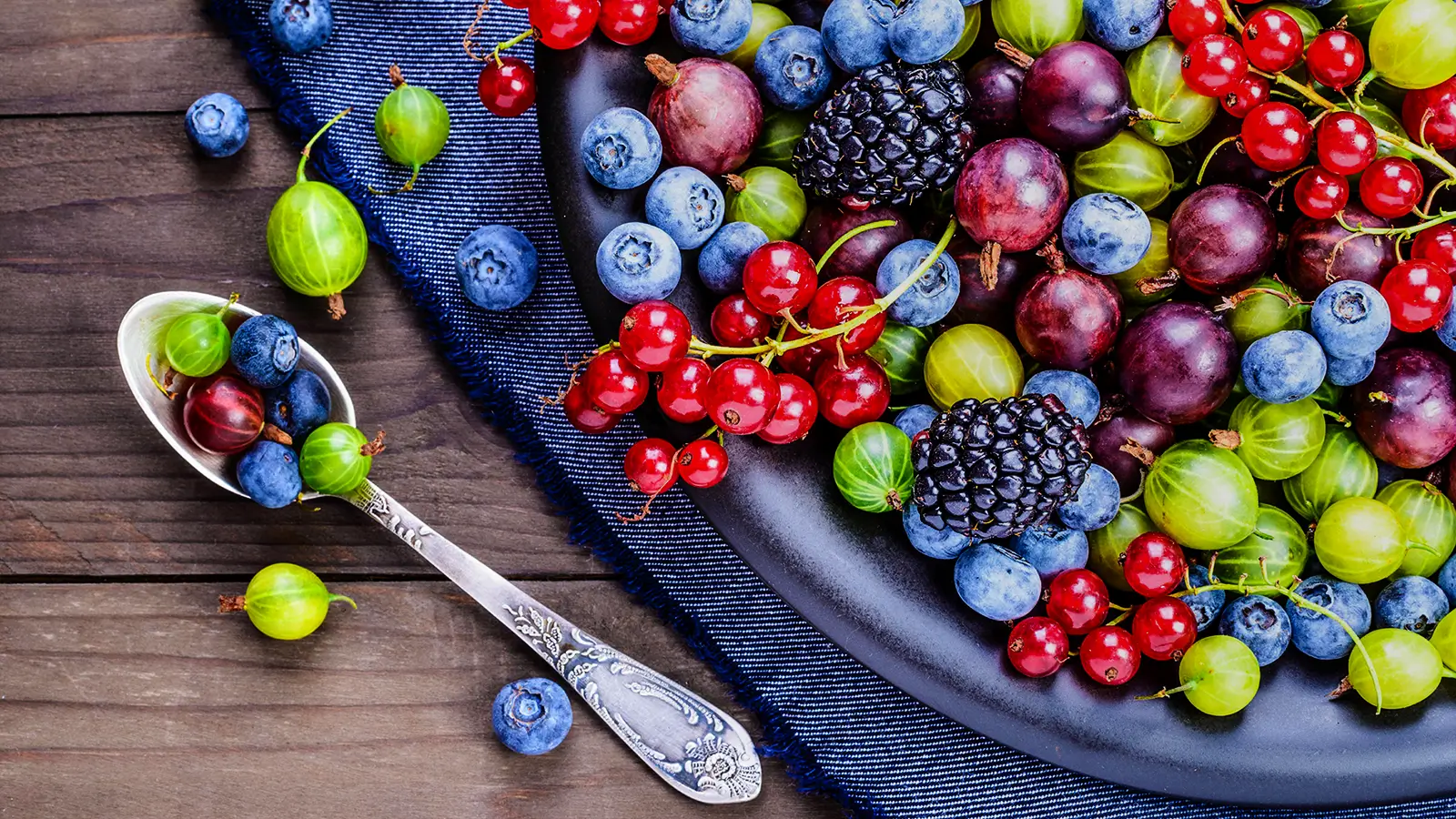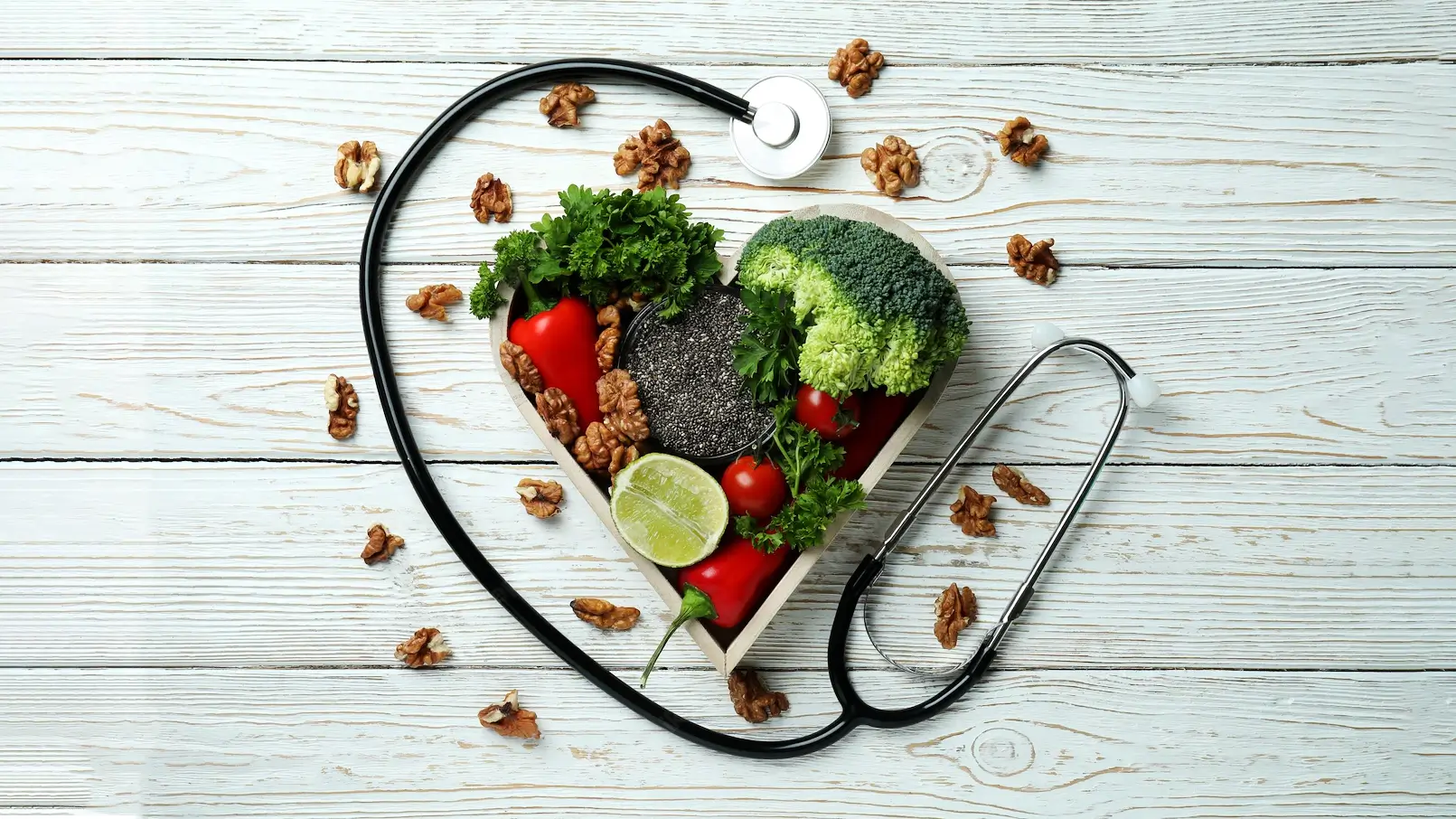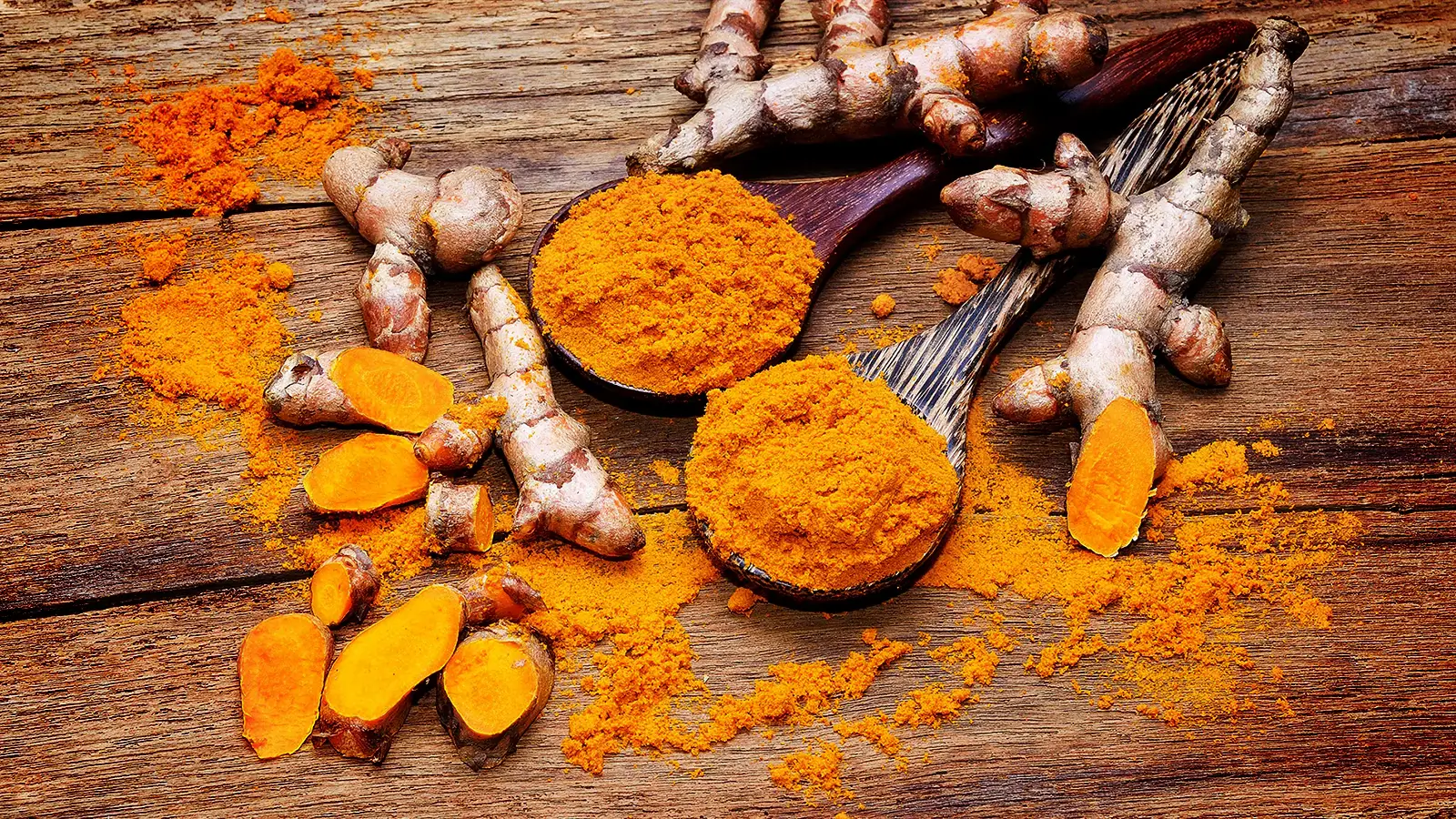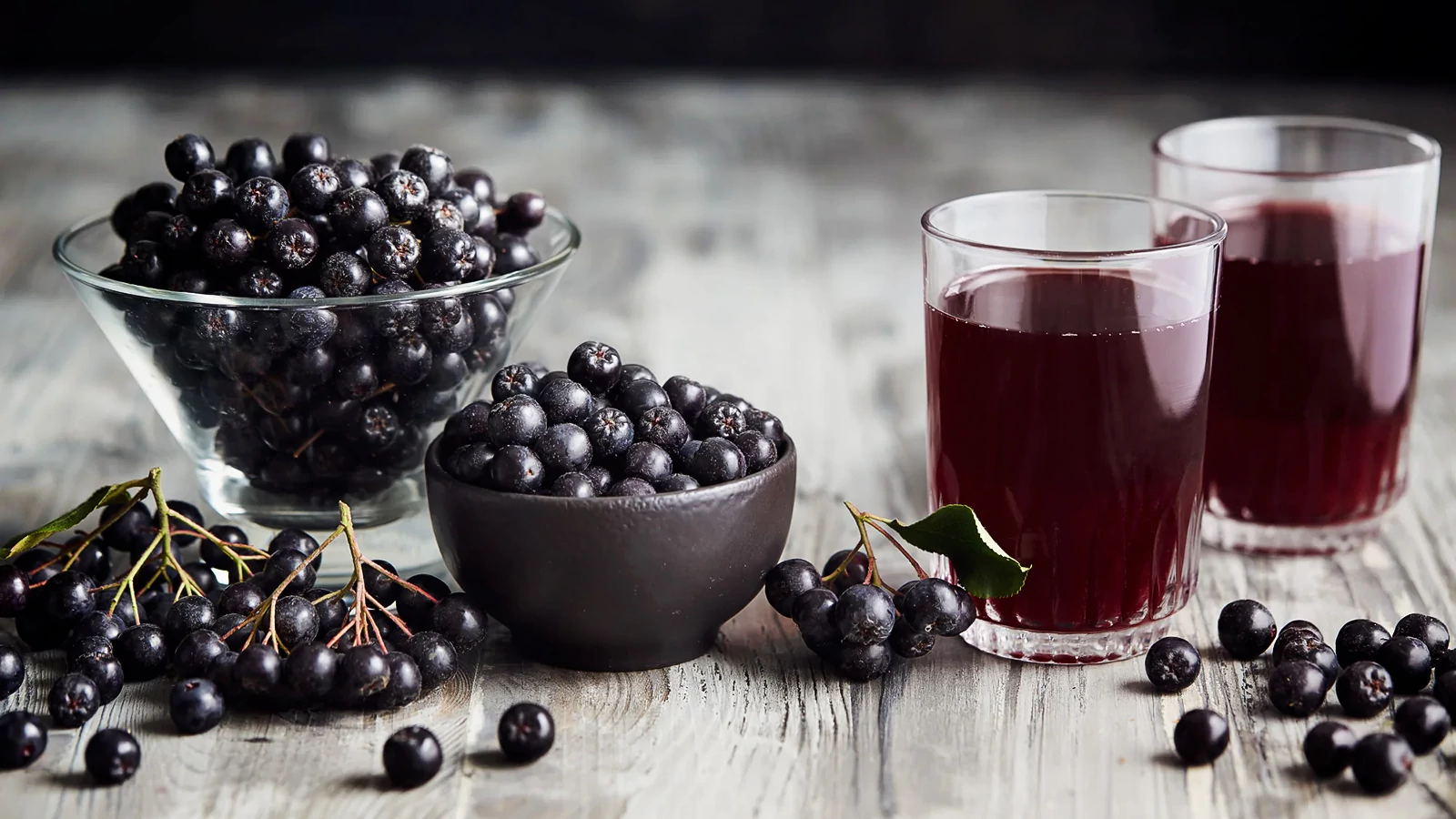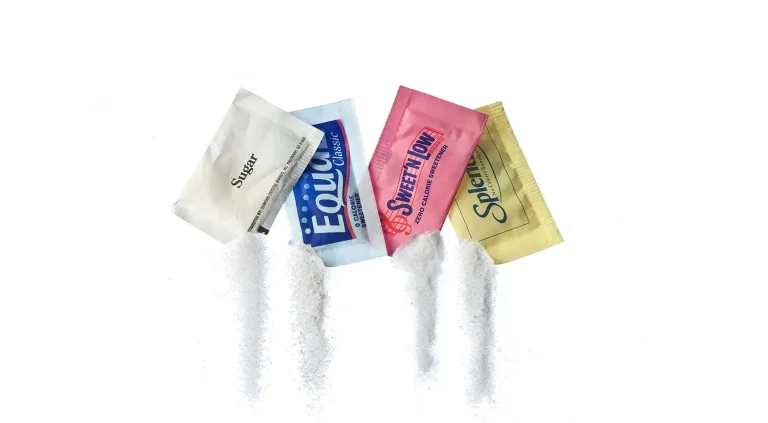Antioxidant Power of Spices: In Vivo Results with Realistic Dosages
Cloves, ginger, rosemary, turmeric significantly stifle inflammation while black pepper, cayenne, cinnamon, cumin, oregano, paprika, heated turmeric do nothing.
Milos Pokimica
Written By: Milos Pokimica
Medically Reviewed by: Dr. Xiùying Wáng, M.D.
Updated June 10, 2023Key Takeaways:
– Spices are rich sources of antioxidants and anti-inflammatory compounds that can modulate oxidative stress and inflammation in the body (Madsen et al., 1995).
– Spices may have potential benefits for preventing chronic diseases such as cardiovascular disease, diabetes, cancer, and neurodegenerative disorders (Yashin et al., 2017).
– Cloves, ginger, rosemary, and turmeric were able to significantly stifle the inflammatory response in vivo while black pepper, cayenne, cinnamon, cumin, oregano, paprika, sage, and heated turmeric did nothing (Percival et al., 2012).
– 0.3 grams of heat-treated turmeric was able to bring down DNA damage in half (Percival et al., 2012).
Introduction.
Spices have been used for centuries not only to add flavor and aroma to food but also for their medicinal properties. Recent studies have shown that many spices contain high levels of antioxidants, compounds that protect the body against damage from harmful free radicals. This has led to the idea that spices can be used as supplemental antioxidants for their health benefits.
Spices as a general rule are one of the most potent sources of antioxidants, however, very high levels of antioxidants have been found in some specific spices like turmeric, cinnamon, ginger, and cumin (Yashin et al., 2017). Curcumin, a compound present in turmeric, is a potent antioxidant that can decrease inflammation in the body. Cinnamon contains cinnamaldehyde, which has antioxidant and anti-inflammatory properties. Ginger contains gingerol, a compound with antioxidant effects that may help reduce oxidative stress in the body. Cumin contains cuminaldehyde which has been found to scavenge free radicals in vitro.
In addition to their antioxidant properties, many spices also have other health benefits (Jiang et al., 2019). For example, turmeric has anti-inflammatory effects which may help reduce pain associated with arthritis and other inflammatory conditions. Cinnamon may help lower blood sugar levels in people with diabetes by improving insulin sensitivity. Ginger has been found to help relieve nausea and vomiting, and may also have anti-inflammatory effects.
In this article, we would analyze some of the ways we could use spices as supplements to boost the health and antioxidant score of our diet.
Spices are cheap, spices are potent, and spices are easy to consume.
Milos Pokimica
Golden rule:
Most powerful antioxidants are a concentrated form of natural antioxidant-rich herbs. On top of the list will be essential oils, herbal extracts, dried herbs, and powders. Then we will have dried fruit, and superfoods like antioxidant-rich fruit, raw nuts, and seeds and vegetables. Then there will be regular fruit, and regular vegetables, and then at the very end a whole list of animal products that have no antioxidant value and are pro-inflammatory.
Milos Pokimica
Spices or herbs.
When you look and go down at the list of the most potent antioxidant-rich food sources you will notice that most of the items will be different spices or herbs.
Rosemary, meadowsweet, peppermint, thyme, wild marjoram, cinnamon, turmeric, lemon balm, sage, allspice, oregano, and so on.
Most of these spices and herbs will be used in normal cooking but only in small amounts and sporadically.
Sometimes even a pinch of them will have an impact on overall levels of consumed antioxidants.
If we want a real increase in our antioxidant intake realistically it would be a hard time doing it with just spices and herbs. What we can do is use them as a supplement.
For example, you can mix turmeric and ground pepper, and amla and take a teaspoon of it every day with water as a supplement. That will be a more significant increase in antioxidant intake instead of eating curry as a spice with a meal. There is a long list of potent spices and some are stronger than others but there is a question about their antioxidant bioavailability.
The bioavailability of antioxidants can be improved by combining certain spices and herbs. For example, combining turmeric with black pepper could help improve the absorption of curcumin in turmeric, which is one of the main antioxidants in spice. Additionally, combining spices and herbs with other antioxidant-rich foods can also boost their absorption. This can be done by making a smoothie with fruits and vegetables and adding a teaspoon of antioxidant-rich spices to enhance the flavor and the antioxidant content. Furthermore, consuming spices and herbs with healthy fats can also help increase their absorption, as the fats help carry the antioxidants into the body.
Bioavailability.
One of the main reasons why USDA removed the ORAC database is because of bioavailability. People were starting to do the same thing that I do. They started to do something they don’t like. ORAC values started to directly influence consumer decisions.
Because not all plants are made equal and some have much greater nutrient density than others people would choose to eat a more nutrient-dense diet. The problem is that the entire ORAC value database is derived from in vitro studies that involve just exposing a substance to oxygen and measuring the result. This might not correlate to real In vivo effects inside a body. Even if it does it might cause other health problems. A good example of this would be Sangre De Grado as the number one measured antioxidant superstar that showed a mutagenic effect on some strains of bacteria in vivo. This means that Sangre De Grado could be a natural antibiotic that targets only some strains of bacteria or it could mean that it is just a plain mutagen where some bacteria are just more resilient. I don’t know. Traditionally it is used for the common cold, upper airway infections, ulcers, and many other conditions. I am just using this as an example for the entire field. This is a vast topic that we can learn more about as research is done.
This is a reason why we need to have extensive research into this topic in the first place. ORAC values are just initial guidelines. Studies that measure the direct anti-inflammatory effect of antioxidant-rich food sources are more valid if we want to have real-life choices. The problem is that most of these studies do not have a patent at the end of the research and also can be in direct competition for consumer choices. For example, one phytochemical extracted from Sangre de Grado was approved as a drug by the FDA for diarrhea in people with AIDS. Someone might decide to take supplemental antioxidants as whole food sources of these phytochemicals instead big pharma medicine. And this is a big problem that limits the amount of available research.

In short, the ORAC database provided a good starting point for people to make informed decisions about their diets. However, it did not provide enough information to make a definitive conclusion about the health benefits of eating certain types of food. More research and clinical trials are needed especially real in vivo results with live human subjects, to truly understand the effects of antioxidant-rich food sources on the body. It is important for consumers to be aware of the limitations of the ORAC database by itself and to use other sources of information also to make informed decisions about their diets.
In vivo results.
If we want to see real in vivo results on the effect of spices to see what they do and if they do anything in doses that are used in normal cooking, we can look at some studies.
In this study (Percival et al., 2012) they feed subjects with different types of spices for a week. The quantity they used and this is very important is just a small amount that people get in a normal diet like for example 0.3 grams of cloves or up to 2.8 grams of ginger.
They used just 0.3 grams of turmeric per day, 0.3 g/day of cayenne pepper, 1.7 g/day of paprika, 1.7 g/day of Saigon cinnamon, 2.8 g/day of cumin, Mediterranean oregano 1.1 g/day, black pepper 2.8 g/day, rosemary 2.8 g/day, dalmatian sage 1.7 g/day, clove 0.3 g/day and ginger 2.8 g/day. After a week, they drew blood and then dropped that blood onto human white blood cells that had been exposed to oxidized cholesterol. Then researchers measured how much inflammatory cytokines white blood cells produced in response. They wanted to see how much eating different spices will lower inflammatory response and also how much will they protect DNA. This is the closest we can get to measuring the real-life influence of some food because they did not just measure the antioxidant level in the blood or they did not just use a spice like for example turmeric and measure its effects directly.
They used the blood of people that have been eating spices in realistic dosages.
The result was that cloves, ginger, rosemary, and turmeric were able to significantly stifle the inflammatory response while black pepper, cayenne, cinnamon, cumin, oregano, paprika, sage, and heated turmeric did nothing.
This would suggest that, while some spices have no effect, other spices like cloves, ginger, rosemary, and turmeric can have a significant effect on lowering inflammation. This is even when consumed in amounts that are found in a normal diet. This could be beneficial to those suffering from chronic inflammation, as consuming such spices could possibly help to reduce the inflammation in the body.
DNA damage.
They also measured the impact on DNA damage.
Paprika, rosemary, ginger, heat-treated turmeric, sage, and cumin protected against DNA strand breaks.
This does not automatically mean that other spices are useless and not bioavailable. There is a possibility of that.
It means two things, they might not be bioavailable or that dosages were low to elicit an effect.
In regards to DNA protection in normal conditions, people will have 7 to 10 percent of their DNA in tissue samples damaged. The body repairs damage all the time and some DNA damage in 7 to 10 cells in every 100 cells is considered normal. Usually, people that have a bad diet have around 10 percent. In the study, ginger has broth down this number from 10 to 8, rosemary to 7, and turmeric to 4.5.
Just a small pinch of 0.3 grams of turmeric was able to bring down DNA damage in half. This is for heat-treated turmeric, the raw turmeric showed no effect while exactly the opposite was found for the anti-inflammatory effect. Heat-treated turmeric showed no effect on inflammation while raw powder did. It seems that we should consume both forms of turmeric. This result means that antioxidants and in this case spices and especially turmeric have the ability to prolong life.
To conclude, the results of this study show that spices and herbs can be very powerful in protecting our cells from damage. By consuming the right amount and type of spices, we can protect ourselves from DNA damage and reduce inflammation. This can help us maintain healthy cells and prolong our lives. It is also important to note that not all spices have the same effect and that the form in which they are consumed can also make a difference. Therefore, it is important to choose the right spices and to consume them in the right form for maximum benefit.
Basic mix.
Back in the day when I first started incorporating this knowledge into my life, I started with a basic mix of turmeric powder and ground black pepper. I didn’t take any of the supplements I just used ground turmeric powder that I purchased in a regular health food store. In the beginning that was all I did. Every morning I took one teaspoon of turmeric and black pepper mix. Later when I learned more about nutrition, I started to change some of my grocery decisions. I have already been eating mostly vegan whole food healthy diet but I still managed to increase substantially the level of antioxidants that I consume.
For people that don’t want to do this and that still want to eat oil and meat and sugar and all of the rest of the unhealthy foods, one easy step will be to do what I did.
Just go to the health food store and get some turmeric.
More potent basic mix.
The next step for me was to add other potent sources to the recipe.
The amount of turmeric we can safely consume is not that large. The upper limit is about 10 grams per day because it has high amounts of bioavailable oxalic acid. The safe upper limit for most people is 10 grams but 5 grams of it is an optimal dose.
To increase the potency of the recipe without increasing turmeric to unhealthy levels I added other antioxidants to the mix that were found to decrease inflammation in the study I referenced. I added dried ginger, rosemary, and cloves that I got from a health food store as well.
My recipe.
This was my recipe for a couple of years until a discovered the research behind amla and then added amla as well.
This doesn’t mean you should do this if you are happy with just turmeric then go with that or you can make your recipe. This is the mixture that I created based on clinical studies for myself. I personally only use amla because I don’t know the source of the most of Ayurvedic herbal dietary supplements that I would buy. Regrettably, one in five Ayurvedic herbal dietary supplements including Triphala were found contaminated with lead, mercury, or arsenic. Amla or Indian gooseberry is found the be noncontaminated same as turmeric so I will use just these two that I know are safe. Triphala has two more Indian medicinal spices besides Indian gooseberry.

Today I take 10 to 15 grams of this mix every morning and this will give me a value of around 5,000 to 10,000 ORAC units. One spoonful of this mixture will have more antioxidants than what the average American that eats a standard American diet will consume in a whole week. Plus, on top of antioxidants, there are other phytochemicals in there as well that have beneficial properties for the immune system, cognitive function, and endocrine function. Because this is a whole-food mixture there will be a food synergy effect as well.
The best thing about this is that you can make this “supplement” yourself and it is dirt cheap.
If you don’t want to do anything regarding your health and diet and don’t want to change anything then just do this one thing. It will benefit you more than any other health intervention. The worst thing about this is the taste. It is very nasty. The way I do it is I just put it directly into my mouth and then I drink water and swallow. I tried to mix it in with juice or water or in tea, and it didn’t help. As soon as it hits any type of liquid it starts to soak up and then it will bulk up and will release all of its taste to that liquid making it even worse.
After I created this form of the antioxidant-rich herbal mix, I created more advanced by also much more expensive ones. In my view for most of the population, this mixture will be enough.
We all use spices to cook, but did you know that they can be a great tool to incorporate more beneficial polyphenols into your diet? That’s right, with just one teaspoon you can do a whole lot to your health! Dr. Gundry shares what spices you need plus, the amazing benefits they can reap in your life.
Part of the Ernest Rosenbaum Cancer Survivorship Lecture Series. Herbs and spices have been shown to provide numerous health benefits–from boosting immunity to controlling blood sugar, aiding digestion, lowering blood pressure, and easing joint pain. Speaker: Alison Ryan, RD, MS, CSO, CSNC
Conclusion:
- Most powerful antioxidants are a concentrated form of natural antioxidant-rich herbs.
- Most of these spices and herbs will be used in normal cooking but only in small amounts and sporadically.
- Sometimes even a pinch of them will have an impact on overall levels of consumed antioxidants.
- We can use spices as a supplement.
- ORAC values are just initial guidelines.
- Studies that measure the direct anti-inflammatory effect of antioxidant-rich food sources in vivo are more valid if we want to have real-life choices.
- Cloves, ginger, rosemary, and turmeric significantly stifle the inflammatory response.
- Black pepper, cayenne, cinnamon, cumin, oregano, paprika, sage, and heated turmeric do not show anti-inflammatory effects in realistic cooking dosages.
- Paprika, rosemary, ginger, heat-treated turmeric, sage, and cumin protect against DNA strand breaks.
- 0.3 grams of heat-treated turmeric was able to bring down DNA damage in half.
- Heat-treated turmeric showed no effect on inflammation while raw powder did.
- Started with a basic mix of raw turmeric powder and ground black pepper and add some turmeric into cooking.
- The amount of turmeric we can safely consume is not that large.
- My more advanced but still basic recipe: turmeric, black pepper, ginger, rosemary, cloves, and amla.
- You can safely make your recipe by adding other medicinal herbs to the list.
- I take 10 to 15 grams of this mix every morning before the meal with an essential oil mix that I make for increased potency and bioavailability.
- One spoonful of this mixture will have more antioxidants than what the average American that eats a standard American diet will consume in a whole week.
- This is a whole-food mixture with other phytochemicals.
- There will be a food synergy effect as well.
- There are more advanced formals and supplements but much more expensive.
- You can make this “supplement” yourself and it is dirt cheap.
FAQ
References:
Passages selected from a book: Pokimica, Milos. Go Vegan? Review of Science Part 3. Kindle ed., Amazon, 2020.
- Percival, S. S., Vanden Heuvel, J. P., Nieves, C. J., Montero, C., Migliaccio, A. J., & Meadors, J. (2012). Bioavailability of herbs and spices in humans as determined by ex vivo inflammatory suppression and DNA strand breaks. Journal of the American College of Nutrition, 31(4), 288–294. https://doi.org/10.1080/07315724.2012.10720438
- Carlsen, M. H., Halvorsen, B. L., Holte, K., Bøhn, S. K., Dragland, S., Sampson, L., Willey, C., Senoo, H., Umezono, Y., Sanada, C., Barikmo, I., Berhe, N., Willett, W. C., Phillips, K. M., Jacobs, D. R., Jr, & Blomhoff, R. (2010). The total antioxidant content of more than 3100 foods, beverages, spices, herbs and supplements used worldwide. Nutrition journal, 9, 3. https://doi.org/10.1186/1475-2891-9-3
- Yashin, A., Yashin, Y., Xia, X., & Nemzer, B. (2017). Antioxidant Activity of Spices and Their Impact on Human Health: A Review. Antioxidants (Basel, Switzerland), 6(3), 70. https://doi.org/10.3390/antiox6030070
- Lopes, M. I., Saffi, J., Echeverrigaray, S., Henriques, J. A., & Salvador, M. (2004). Mutagenic and antioxidant activities of Croton lechleri sap in biological systems. Journal of ethnopharmacology, 95(2-3), 437–445. https://doi.org/10.1016/j.jep.2004.08.025
- Madsen, H. B., & Bertelsen, G. (1995). Spices as antioxidants. Trends in Food Science and Technology, 6(8), 271–277. https://doi.org/10.1016/s0924-2244(00)89112-8
- Yashin, A., Yashin, Y., Xia, X., & Nemzer, B. (2017). Antioxidant Activity of Spices and Their Impact on Human Health: A Review. Antioxidants (Basel, Switzerland), 6(3), 70. https://doi.org/10.3390/antiox6030070
- Paur, I., Carlsen, M. H., Halvorsen, B. L., et al. (2011). Antioxidants in herbs and spices: Roles in oxidative stress and redox signaling. In I. F. F. Benzie & S. Wachtel-Galor (Eds.), Herbal medicine: Biomolecular and clinical aspects (2nd ed.). CRC Press/Taylor & Francis. https://doi.org/10.1201/b10787
- Embuscado, M. E. (2015). Herbs and spices as antioxidants for food preservation. In Elsevier eBooks (pp. 251–283). https://doi.org/10.1016/b978-1-78242-089-7.00011-7
- Liao, H., Banbury, L. K., & Leach, D. N. (2008). Antioxidant activity of 45 Chinese herbs and the relationship with their TCM characteristics. Evidence-based complementary and alternative medicine : eCAM, 5(4), 429–434. https://doi.org/10.1093/ecam/nem054
- Shobana, S., & Naidu, K. A. (2000). Antioxidant activity of selected Indian spices. Prostaglandins, leukotrienes, and essential fatty acids, 62(2), 107–110. https://doi.org/10.1054/plef.1999.0128
- Saxena, R., Venkaiah, K., Anitha, P., Venu, L., & Raghunath, M. (2007). Antioxidant activity of commonly consumed plant foods of India: contribution of their phenolic content. International journal of food sciences and nutrition, 58(4), 250–260. https://doi.org/10.1080/09637480601121953
- Jiang T. A. (2019). Health Benefits of Culinary Herbs and Spices. Journal of AOAC International, 102(2), 395–411. https://doi.org/10.5740/jaoacint.18-0418
Related Posts
Do you have any questions about nutrition and health?
I would love to hear from you and answer them in my next post. I appreciate your input and opinion and I look forward to hearing from you soon. I also invite you to follow us on Facebook, Instagram, and Pinterest for more diet, nutrition, and health content. You can leave a comment there and connect with other health enthusiasts, share your tips and experiences, and get support and encouragement from our team and community.
I hope that this post was informative and enjoyable for you and that you are prepared to apply the insights you learned. If you found this post helpful, please share it with your friends and family who might also benefit from it. You never know who might need some guidance and support on their health journey.
– You Might Also Like –

Learn About Nutrition
Milos Pokimica is a doctor of natural medicine, clinical nutritionist, medical health and nutrition writer, and nutritional science advisor. Author of the book series Go Vegan? Review of Science, he also operates the natural health website GoVeganWay.com
Medical Disclaimer
GoVeganWay.com brings you reviews of the latest nutrition and health-related research. The information provided represents the personal opinion of the author and is not intended nor implied to be a substitute for professional medical advice, diagnosis, or treatment. The information provided is for informational purposes only and is not intended to serve as a substitute for the consultation, diagnosis, and/or medical treatment of a qualified physician or healthcare provider.NEVER DISREGARD PROFESSIONAL MEDICAL ADVICE OR DELAY SEEKING MEDICAL TREATMENT BECAUSE OF SOMETHING YOU HAVE READ ON OR ACCESSED THROUGH GoVeganWay.com
NEVER APPLY ANY LIFESTYLE CHANGES OR ANY CHANGES AT ALL AS A CONSEQUENCE OF SOMETHING YOU HAVE READ IN GoVeganWay.com BEFORE CONSULTING LICENCED MEDICAL PRACTITIONER.
In the event of a medical emergency, call a doctor or 911 immediately. GoVeganWay.com does not recommend or endorse any specific groups, organizations, tests, physicians, products, procedures, opinions, or other information that may be mentioned inside.
Editor Picks –
Milos Pokimica is a doctor of natural medicine, clinical nutritionist, medical health and nutrition writer, and nutritional science advisor. Author of the book series Go Vegan? Review of Science, he also operates the natural health website GoVeganWay.com
Latest Articles –
Plant Based News
-
THIS Launches High-Protein ‘Superfood’ Line
on April 23, 2025
-
Happiee Launches Easy-Cook Lion’s Mane Mushroom In ‘UK first’
on April 23, 2025
-
Want To Live To 100? Here’s What The Blue Zones Are Doing Right
on April 23, 2025
-
Mushroom And White Bean Soup
on April 23, 2025
-
‘I Dined At The World’s Only Michelin 3-Star Vegan Restaurant – Here’s What It Was Like’
on April 22, 2025
-
Cauliflower, Butter Bean, And Chard Dhal
on April 22, 2025
-
Satay Chickpea And Quinoa Salad
on April 22, 2025
Top Health News — ScienceDaily
- Light fields with extraordinary structure: Plasmonic skyrmion bagson April 22, 2025
A research group has manipulated light through its interaction with a metal surface so that it exhibits entirely new properties.
- Researchers use machine learning to engineer ‘bespoke enzymes’ for gene editingon April 22, 2025
Genome editing has advanced at a rapid pace with promising results for treating genetic conditions — but there is always room for improvement. A new paper showcases the power of scalable protein engineering combined with machine learning to boost progress in the field of gene and cell therapy. In their study, authors developed a machine learning algorithm — known as PAMmla — that can predict the properties of about 64 million genome editing enzymes. The work could help reduce off-target […]
- New technique expands tissues so hundreds of biomolecules can be seen inside cellson April 22, 2025
A new tissue expansion method enables scientists to use mass spectrometry imaging to simultaneously detect hundreds of molecules at the single cell level in their native locations.
- A repurposed anti-inflammatory drug may help treat alcohol use disorder and related painon April 22, 2025
A preclinical study finds that a drug already FDA-approved for treating inflammatory conditions may help reduce both alcohol intake and pain sensitivity — two issues that commonly co-occur with alcohol use disorder (AUD).
- The most effective prevention method for complications post lung transplanton April 22, 2025
When receiving a lung transplant, one of the most important complications to look out for is chronic lung allograft dysfunction, known as CLAD. Preventing this complication for those who receive a lung transplant is of the highest priority, as there are no universally effective treatments for CLAD once it is established.
- Obesity disrupts ‘reaction time’ to starvation in miceon April 22, 2025
Researchers have revealed a temporal disruption in the metabolism of obese mice when adapting to starvation despite no significant structural disruptions in the molecular network. This is a breakthrough discovery as research including the temporal dimension in biology has been notoriously laborious and extracting systematic insight from big data has been difficult. Thus, this study paves the way for further research into more general metabolic processes, such as food intake and disease […]
- Using ChatGPT, students might pass a course, but with a coston April 22, 2025
With the assumption that students are going to use artificial intelligence and large language models such as ChatGPT to do their homework, researchers set out to learn how well the free version of ChatGPT would compare with human students in a semester-long undergraduate control systems course.
PubMed, #vegan-diet –
- Living longer and lifestyle: A report on the oldest of the old in the Adventist Health Study-2on April 23, 2025
CONCLUSION: Our Adventist Health oldest of the old cohort shared many of the characteristics observed among the individuals that make up the long-living cohorts worldwide as well as younger aged Adventist participants. This observation indicates the importance of non-smoking, abstinence from alcohol consumption, daily engagement in regular physical activity, avoidance of disease in older ages, and following a plant-based diet concerning the potential for successful aging.
- Metabolomic profiling of a cholesterol lowering plant-based diet from two randomized controlled feeding trialson April 22, 2025
CONCLUSIONS: Many of these metabolites likely reflect the plant-based nature, low saturated fat content, and cholesterol-lowering effects of the diet, such as increased N2-acetylornithine, L-pipecolic acid, lenticin, and decreased C18:0 lipids and cholesteryl esters. Further research is needed to validate these metabolites as biomarkers of a plant-based dietary pattern.
- Dietary intakes and nutritional adequacy of Australians consuming plant-based diets compared to a regular meat-eating dieton April 18, 2025
CONCLUSION: PBDs, while higher in beneficial nutrients and wholefood groups than regular meat-eaters, may lead to nutritional inadequacies if not planned appropriately.
- Why is the medical profession reluctant to talk about diet change?on April 16, 2025
The intertwined crises of poor health, climate change, biodiversity loss and social injustice demand urgent action. Human activities, particularly fossil fuel use and the current food system, are key drivers of these crises. A transition to a plant-based diet, especially within healthcare systems, offers a significant opportunity to address these challenges. Diets high in animal products and ultra-processed foods are leading causes of chronic ill health and environmental degradation, while…
- Evaluation of protein intake and protein quality in New Zealand veganson April 16, 2025
Dietary protein provides indispensable amino acids (IAAs) that the body cannot synthesise. Past assessments of total protein intake from vegan populations in western, developed countries were found to be low but not necessarily below daily requirements. However, plant-sourced proteins generally have lower quantities of digestible IAAs as compared to animal-sourced proteins. Simply accounting for protein intake without considering AA profile and digestibility could overestimate protein […]
Random Posts –
Featured Posts –

Latest from PubMed, #plant-based diet –
- Optimizing the utilization of winged bean (Psophocarpus tetragonolobus (L.) DC.) tubers as a replacement for cassava chips in ruminant diets through pelleting: an in vitro gas technique studyby Anusorn Cherdthong on April 23, 2025
CONCLUSION: The pelletization of WBT has been found to have no adverse impact on rumen fermentation or digestibility. The WBT pellets have emerged as a notably promising alternative to cassava chips; nonetheless, the impact on TVFAs levels warrant careful consideration when utilizing them.
- Extended recommendations on the nomenclature for microbial catabolites of dietary (poly)phenols, with a focus on isomersby Claudio Curti on April 23, 2025
There is an increasing body of evidence indicating that phenolic compounds derived from microbiota-mediated breakdown of dietary (poly)phenolics in the colon are at least partially responsible for the beneficial effects of a plant-based diet. Investigating the role of these catabolites and defining their particular biological effects is challenging due to the complex microbial pathways and the diversity of structures that are produced. When reviewing the data this is further exacerbated by […]
- Evaluation of Nutri-Score and NewTools-score in a Norwegian setting using a reference standard based on nutrition experts’ ranking of foods’ healthinessby Mari Mohn Paulsen on April 23, 2025
CONCLUSIONS: Norwegian nutrition experts showed high agreement in rating the healthiness of foods representative of the Norwegian diet. While the Nutri-Score 2023-version aligned well with experts’ ratings, the NewTools-score demonstrated better agreement than Nutri-Score in this Norwegian context, despite some remaining discrepancies.
- Evaluation of black soldier fly larvae reared on different organic substrates on nutrient digestibility and palatability in catsby Hyuck Kim on April 23, 2025
This study aimed to evaluate the digestibility and palatability of cat diets by substituting poultry meals (PM) with black soldier fly larvae (BSFL) reared on different organic substrates. The experimental treatments are as follows; CON, a basal diet based on the PM; AF3, 3% PM substituted with BSFL reared on animal-based substrates; AF6, 6% PM substituted with BSFL reared on animal-based substrates; PF3, 3% PM substituted with BSFL reared on plant-based substrates; PF6, 6% PM substituted […]
- Living longer and lifestyle: A report on the oldest of the old in the Adventist Health Study-2by Hildemar Dos Santos on April 23, 2025
CONCLUSION: Our Adventist Health oldest of the old cohort shared many of the characteristics observed among the individuals that make up the long-living cohorts worldwide as well as younger aged Adventist participants. This observation indicates the importance of non-smoking, abstinence from alcohol consumption, daily engagement in regular physical activity, avoidance of disease in older ages, and following a plant-based diet concerning the potential for successful aging.
- Effect of Artemisia selengensis Turcz extract on lipid metabolism and gut microbiota in high-fat diet-induced C57BL/6J obese miceby Lu Zhang on April 22, 2025
Nowadays, obesity is a global health risk factor, and its development is closely related to the absorption and metabolism of lipids. In this study, the main chemical constituents and antiobesity effect of Artemisia selengensis Turcz extract (ASTE) were investigated by HPLC-QTOF-MS² and obese mice models. Twenty-three compounds were identified from ASTE, and caffeoylquinic acid and dicaffeoylquinic acid are the dominant bioactive compounds. ASTE administration reduced body weight (9.8%), […]

